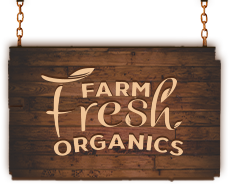Onions
Wednesday, November 16th, 2016 | crankit
Know your Onions
Allium cepa
History
Considered to be of Central Asian origin and spread around the world via migrating Indo-European tribes, the onion is a member of the lily family. It has been eaten by the Egyptians, who esteemed the onion as a source of strength (and consequently fed to all slaves building the pyramids!) and by a Mr Pere Marquette in 1624 who was saved from starvation by eating native wild American onions around the southern shore of Lake Michigan whilst exploring the area. The area commemorated its abundance in onions by having taken for its name the Native American word for the onion’s odour: Chicago.
Source of
Vitamin C, sulphur-based phytochemicals.
Good for
Cancer fighting and heart-protection. Reduces LDL (bad) cholesterol and raises HDL (good) cholesterol, fights atherosclerosis (plaque build-up in the arteries), prevents blood clots, bronchitis, asthma, hayfever, chest infections, gout and arthritis due to the onion’s antibiotic, anti-inflammatory and antiviral nature.
Organic-vs-Non-Organic
Onions are most heavily treated with herbicides and fungicides; insecticides are used only occasionally. Synthetic pyrethrums and organophosphates are commonly used.
In organic onions, the higher content of the enzyme allinase releases an equally higher content of sulphurous compounds; these not only make you cry but give organic onions more flavour.
“Life is like an onion. You peel
it off one layer at a time,
and sometimes you weep.”
Carl Sandburg, poet
